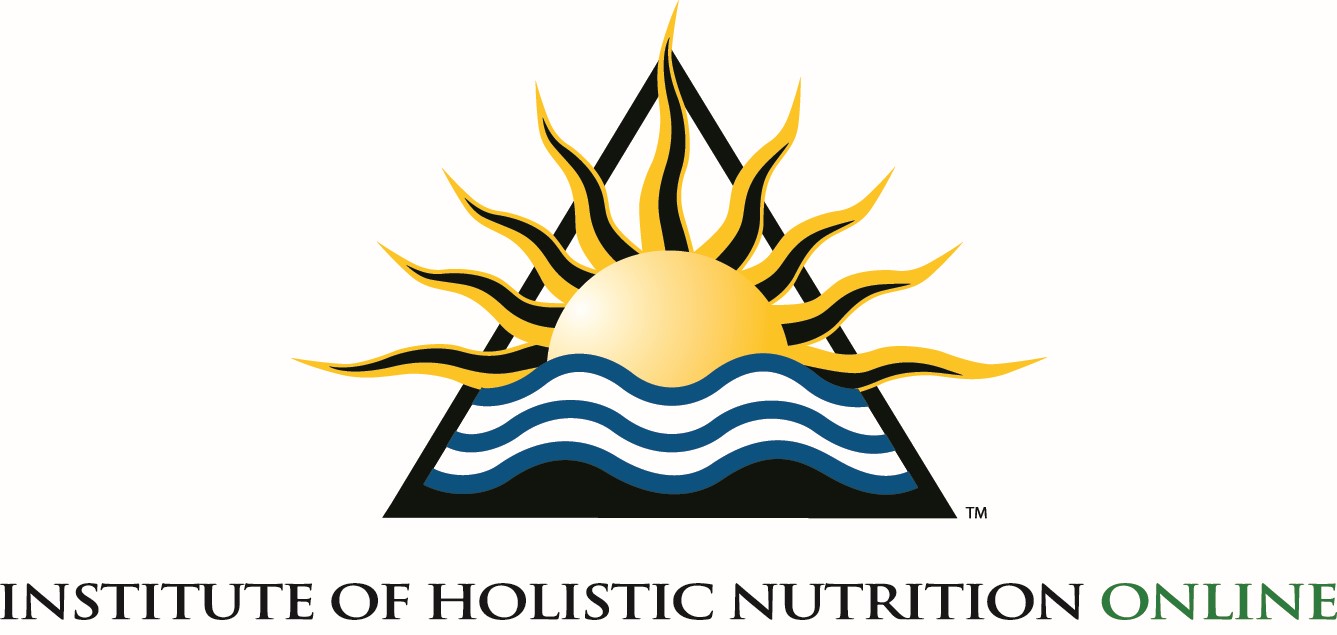Holistic Food Preparation introduces students to the art and science of cooking, bringing the hallmark of optimal health and nourishment to the table. The holistic kitchen is a unique laboratory where pure, natural, and whole ingredients are transformed into vibrant, nutrient-dense, and delicious dishes. There is a focus on the importance of food quality (organics), food ethics, seasonality, locality, as well as traditional methods of preparation that emphasize digestion. While a variety of theories and approaches are taught, students should expect to have a lot of fun! This course provides hands-on experience in food preparation and eating, with the intention of health and healing. It includes invigorating power drinks, deeply-nourishing soups, nutritive one-pot dishes, and clean energy snacks that include a new dimension in culinary theories through the fascinating principles of Ayurveda. Emphasis is placed on the proper preparation of grains, seeds and legumes through milling, soaking, sprouting, and fermentation. Students are taught how to choose high-quality oils and fats with beneficial properties, and which preserve and enhance the nutritional value of other foods. Raw foods, fermented condiments and vegetables, along with other high enzyme preparations will be explored. All cooking classes are vegetarian. Students will be taught and evaluated on plant-based recipe creation, individual presentation of a select recipe, and essential skills to ensure a mastery of safe handling of specialized kitchen tools, equipment, knife skills, and minimizing food waste.
Learning Outcomes:
• How to make a suite of aromatic, flavourful, nutritious, healing, and “yummy” holistic cuisine!
• How properly made foods “replace, reinoculate, and repair” in aid of various conditions, with a focus on maximum absorbability.
• Why eating food as close to its natural state as possible makes the difference between optimal health and disease.
• The ability to curate well-produced meal plans and recipes for clients with diverse needs, including food sensitivities, health conditions, cultural and personal preferences.
• The confident and enthusiastic use of novel combinations and properties of herbs, spices, grains and seaweeds.
• Perform basic operations in the kitchen, including time management for complex recipes.
• To develop both simple and complex recipes with the intent to impact health, happiness and longevity.
• Ability to make informed choices about fats sources as well as dried legumes and grains, vegetables, fruits, herbaceous plants, and their collective impact on health.
Holistic Food Preparation provides students with the age-old traditions and contemporary concepts and skills necessary to plan and craft therapeutic menus and recipes as part of their professional protocol development with clients. Experiential in nature, this course will transcend a student’s current views on what they think it means to make “good food,” and embrace the depth in holistic cooking that contributes to whole health and vitality.

